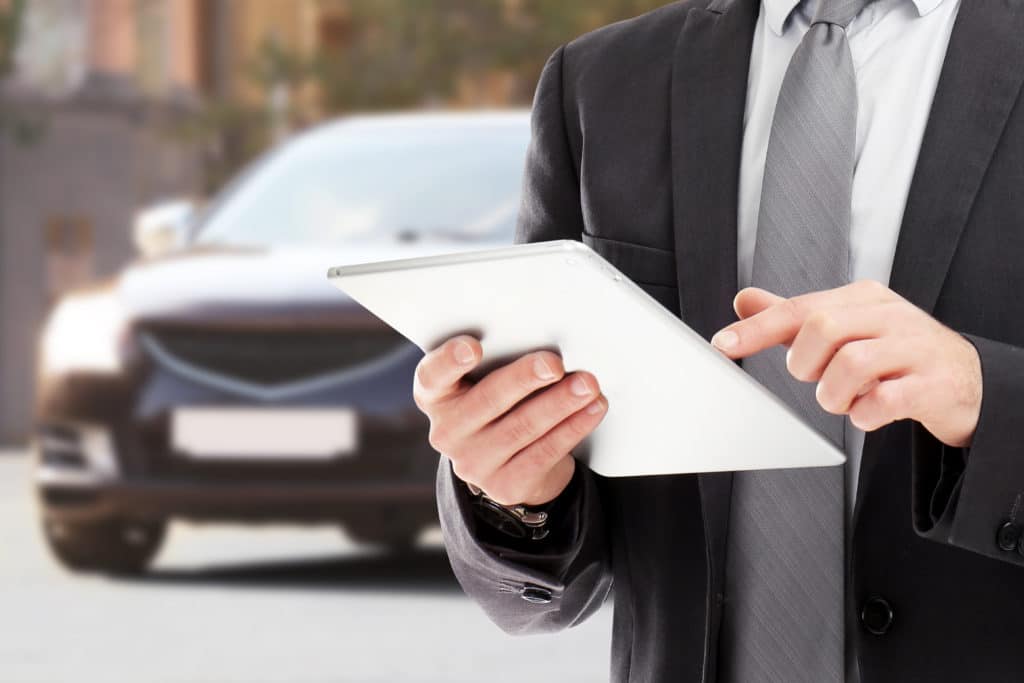Car insurance coverage works by paying a monthly or twice annual fee to an insurance company for a wide range of coverages. Car insurance is something we all need to have for our vehicle hope we never use. Nearly anything can happen on the road, so it’s a very good idea to get insurance of all kinds to be as financially protected as possible. If you are in a car accident or your vehicle is damaged, insurance will cover some or all of the expenses to fix it. You use car insurance by filing a claim with your insurance company and reporting what happened. Your insurance then helps you get needed repairs and receiving reimbursement for bills.
There are many kinds of car insurance policies. For example, liability insurance is the most common and usually there is a minimum state requirement for any vehicle. This covers you in the event that you cause an accident. Liability coverage takes care of damages such as the other driver’s vehicle repairs, medical bills or lost wages for the other driver. Collision coverage takes care of your vehicle in an accident. Comprehensive coverage pays for other, non-driving events such as a fallen tree, water damage or theft from your vehicle. Roadside assistance is a coverage that will provide you free or inexpensive jump starts, towing or other emergency help.
One very important coverage is for an underinsured and uninsured motorist. These are specific coverages that take care of your bills if you are hit by an underinsured or uninsured driver. Not everyone abides by the laws, and it’s possible to be hit by a driver who has little or no coverage and cannot cover the costs. In these cases, your underinsured/uninsured motorist policy would take care of your bills rather than paying out of pocket.
So, with all of these policies, how does car insurance work when an event occurs? Here are the basic steps:
1. File a claim
The first step to using insurance after an accident is to file a claim. If possible you can call at the scene, take photos of everything and trade information with the other drivers. Make sure to file a police report if you feel there was malicious intent to cause the accident. Take all of this information and contact your insurance company to open a new claim.
2. Get repairs and healthcare if needed
Depending on the severity of the accident, you may or may not need car repairs. Sometimes you may end up with a small dent that doesn’t bother you, so no need to get it fixed. If you do opt to get repairs, the insurance company may tell you which local shops are approved or you may go to any shop you want.
You may also need to use your health insurance to cover your medical costs, which can be reimbursed later. Any medical expense that you incur due to the accident should be reported in the claim as well. Once you find a good repair shop, get a quote for the work to be done. Provide this to the insurance company and they will work with yourself and the shop to find a price that works for all parties. Usually, at this point, you need to pay for the repairs yourself or wait until the insurer can send a check for the work to begin. Some shops will perform necessary work without immediate payment if they have a guarantee from the insurer that payment is coming.
3. Wait for insurance to pay or reimburse
Stay in touch with your insurance company. They will file your claim, ask questions of yourself and the other driver, and will look into the police report if there is one. Depending on the circumstances, they could get you a reimbursement check within a few weeks or months. The reimbursement will depend on two major factors. First, the amount of coverage you have on your policy will be considered. If the repairs are higher than the amount of coverage, the insurer may not cover the whole cost. Second, most policies have a deductible. This is the amount that must be paid by you before insurance coverage kicks in.
After an accident, many people worry that filing a claim will make their car insurance rates go up the next time they renew their policy. While rates tend to go up a bit after an accident, it is still worth it to file a claim. The amount the insurance company pays out is usually much more than your rate increase, and laws state that car accidents must be reported. Your driving record may be impacted if you caused the accident, but it’s better than being found out that you didn’t report your accident.
Learning how your car insurance works can be overwhelming, but when you have a personable and experienced insurance agent it doesn’t have to be. Be sure to stay in touch with your insurance company along the way and we can keep you informed about next steps. No one wants to face an accident and use their auto insurance policy, but insurance there to take care of you when you need it. To help you navigate your policy, and to ensure you have the appropriate coverages reach out today and we can go over it.

